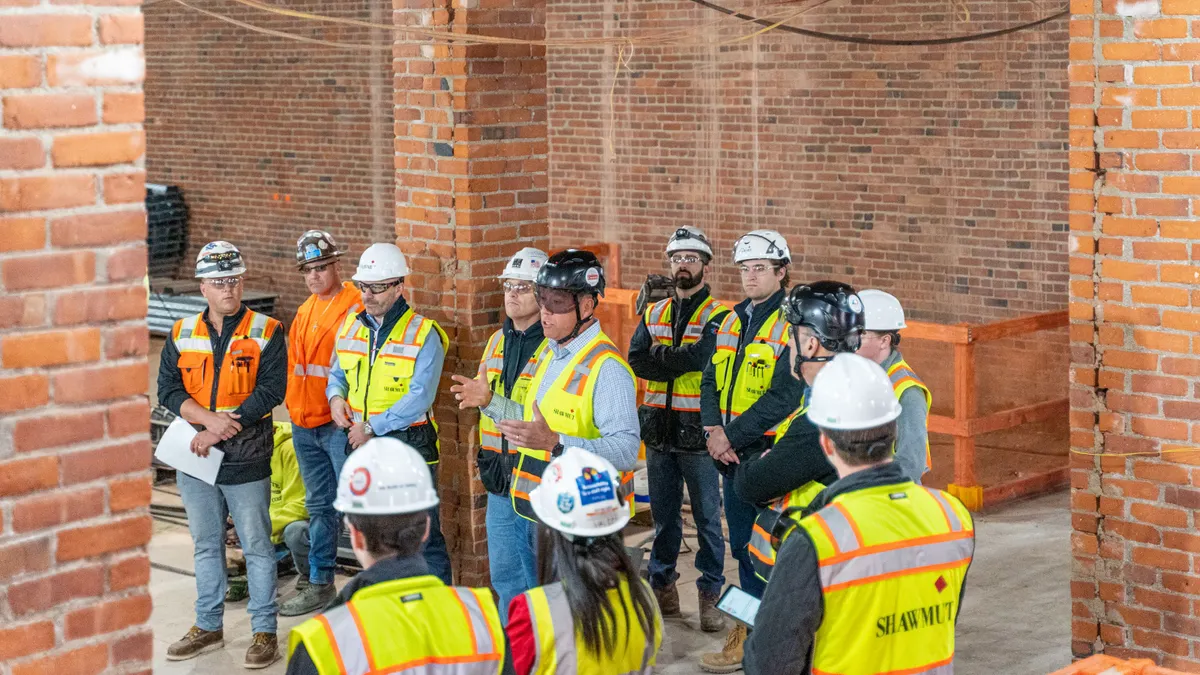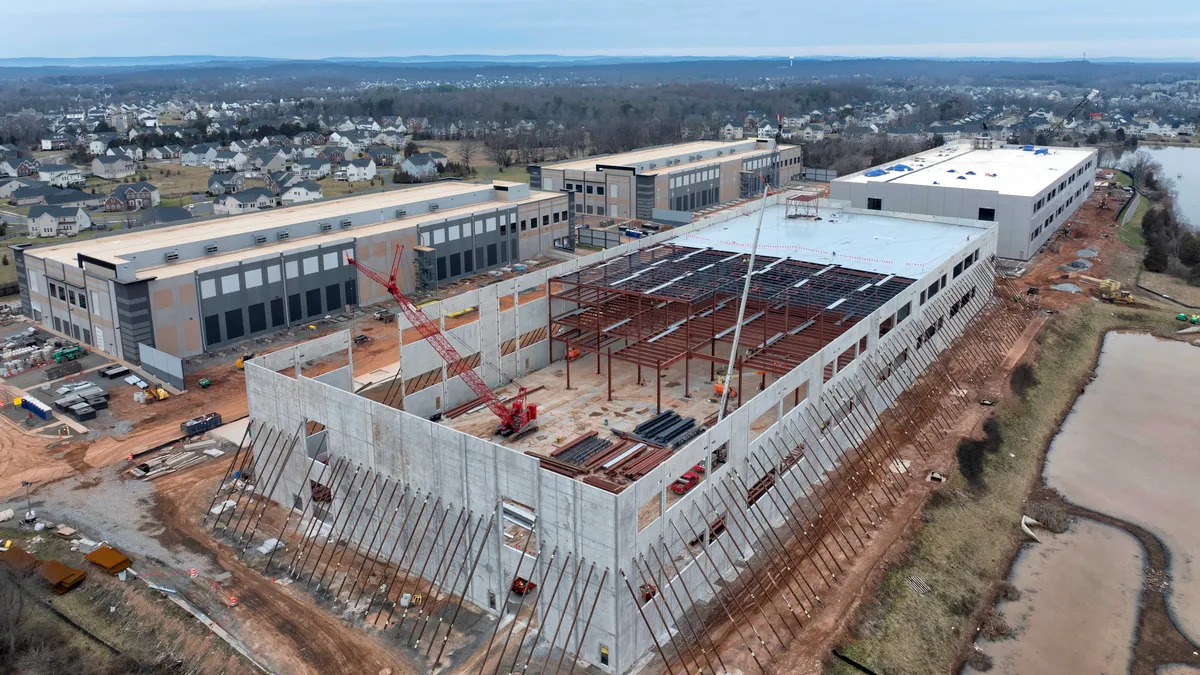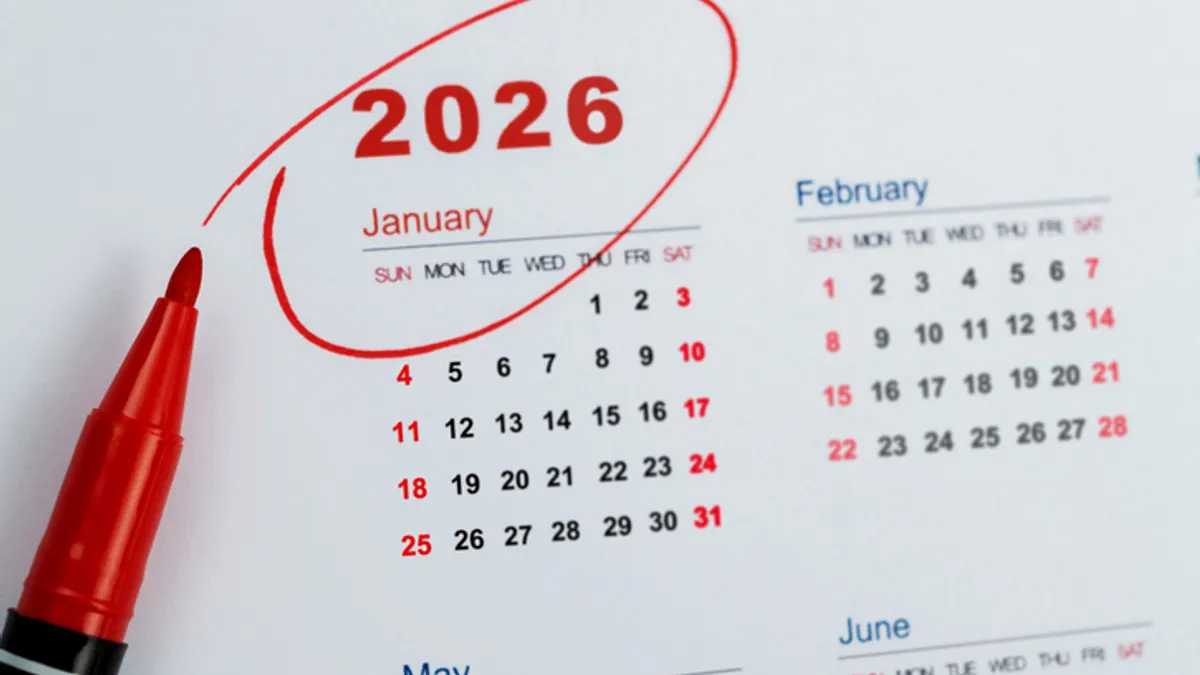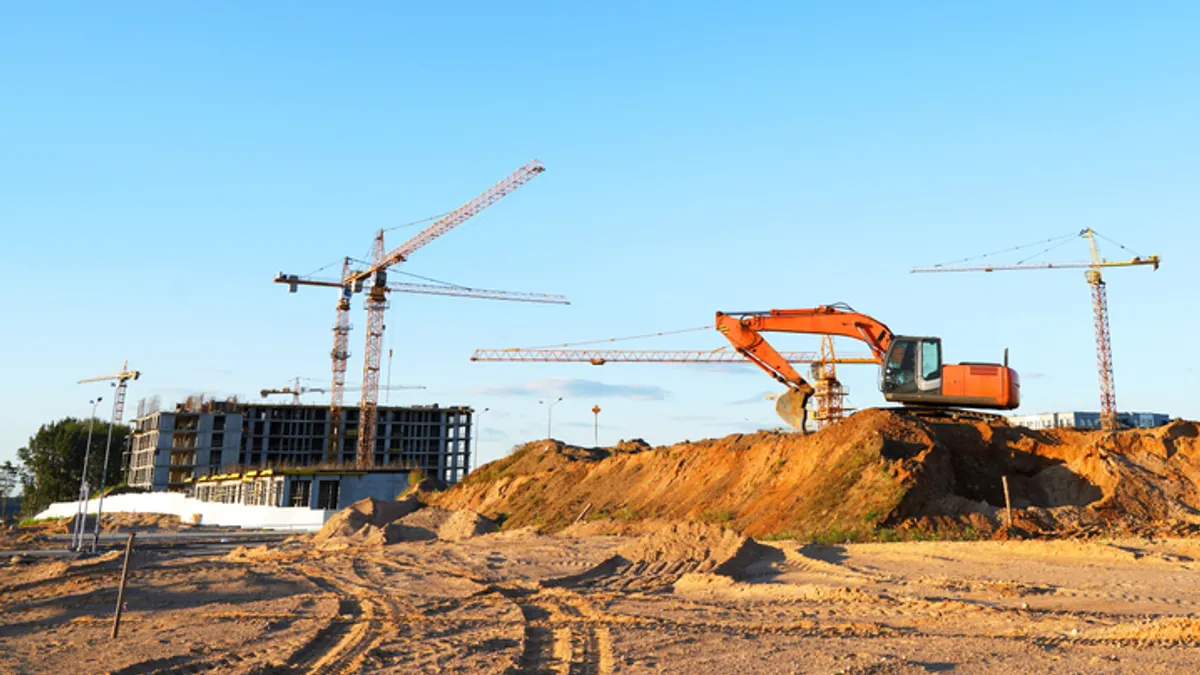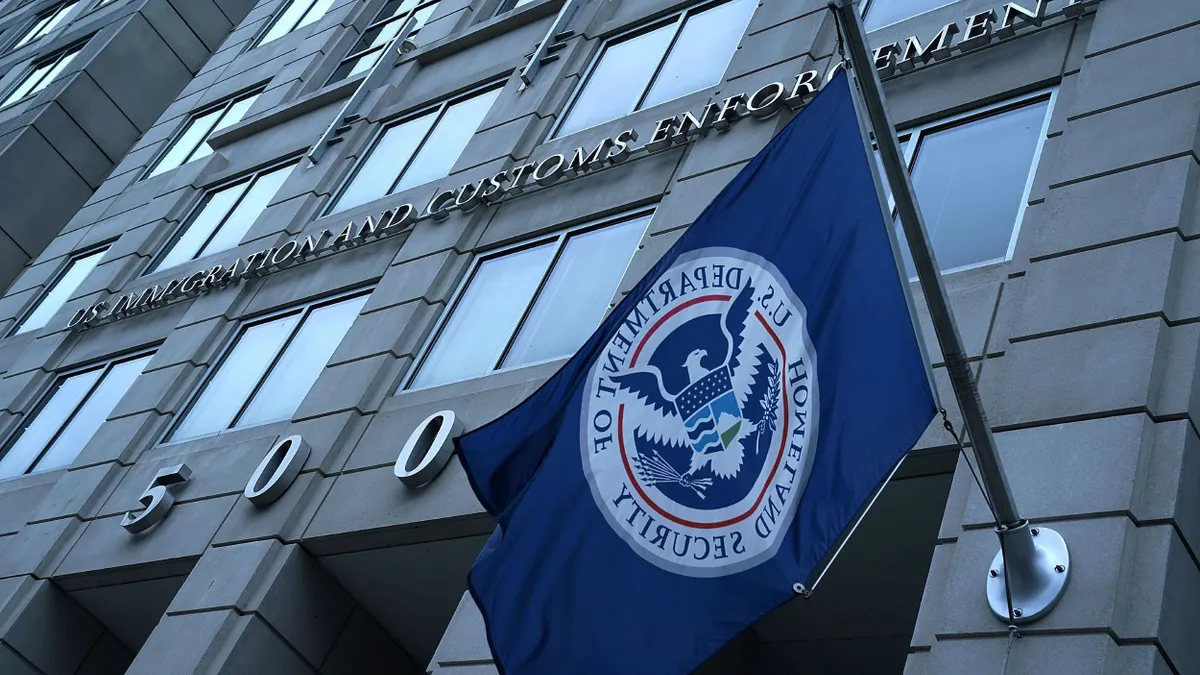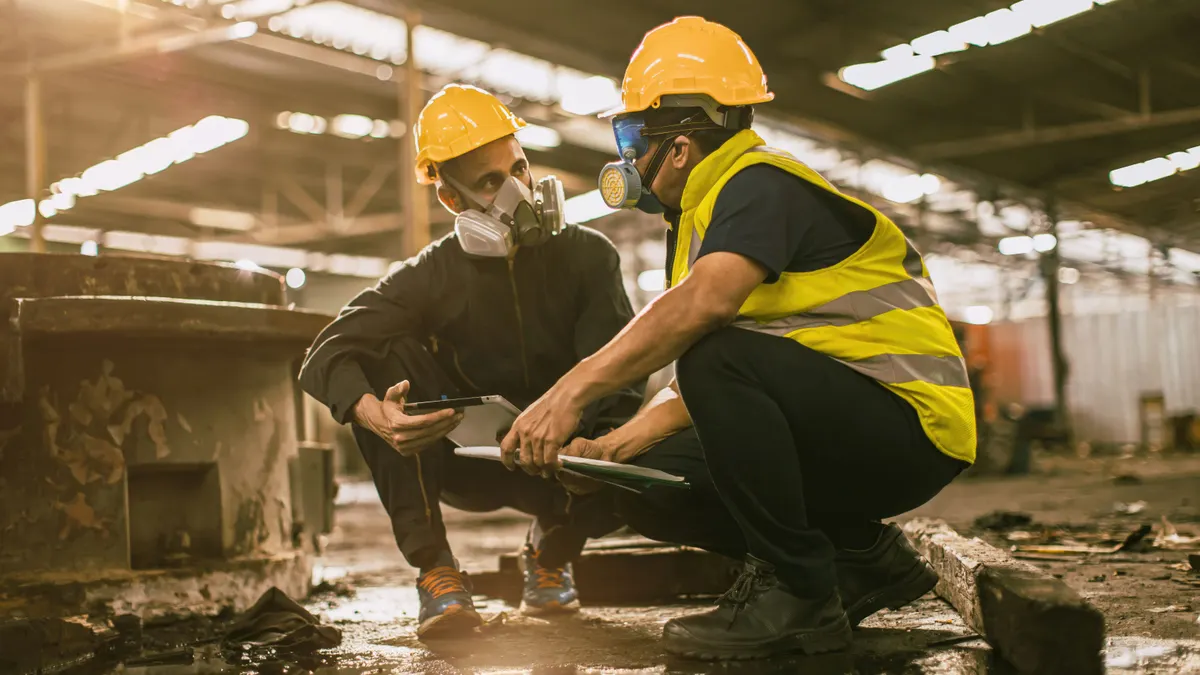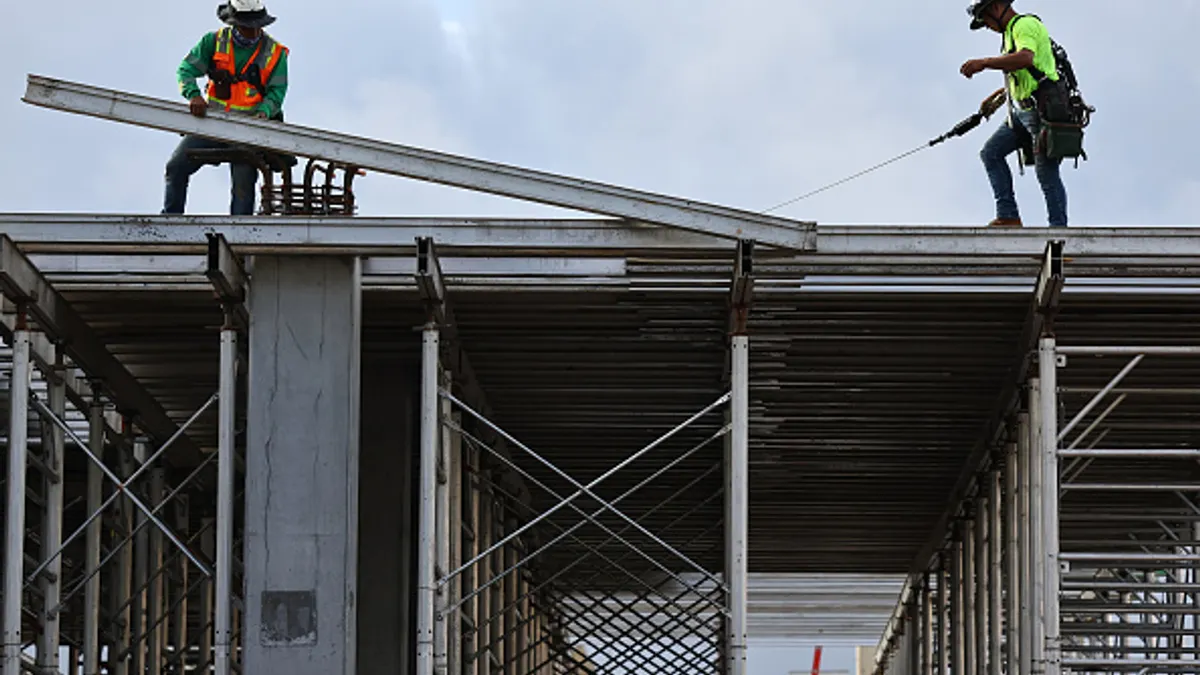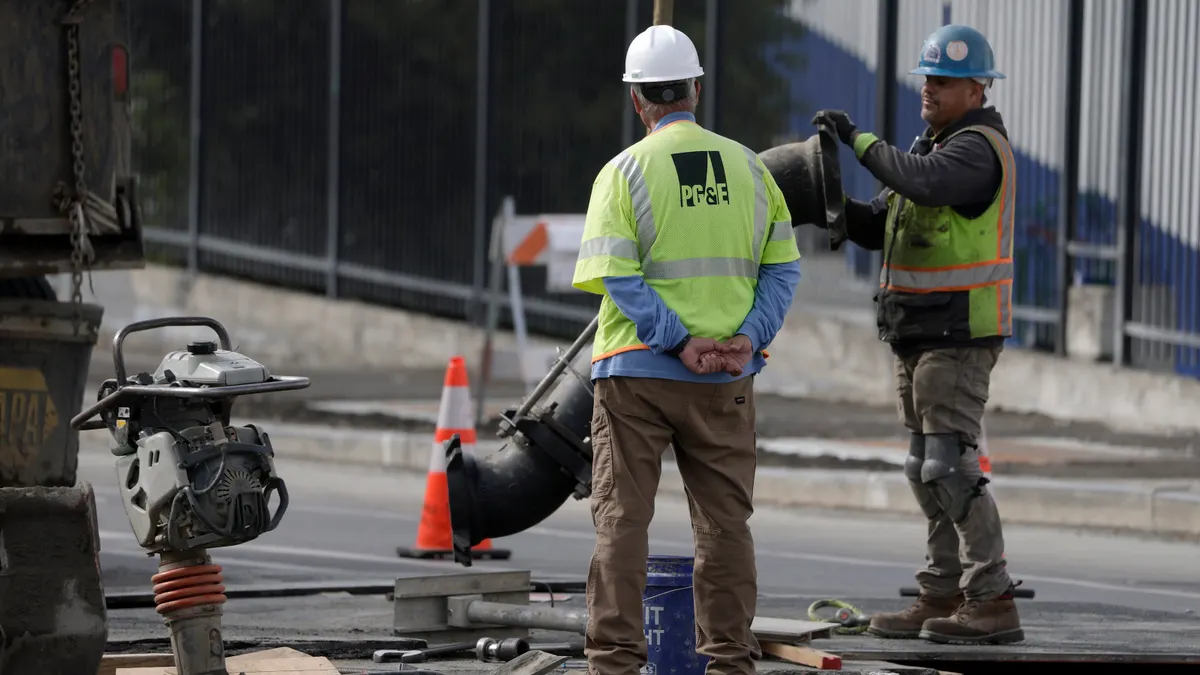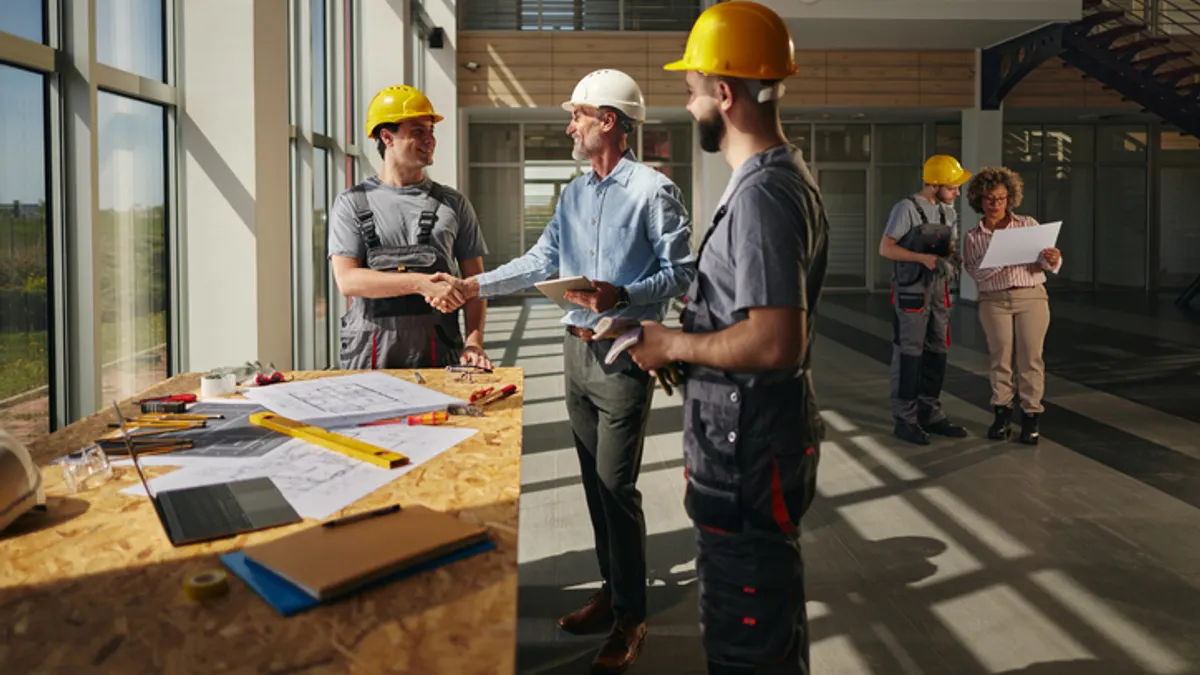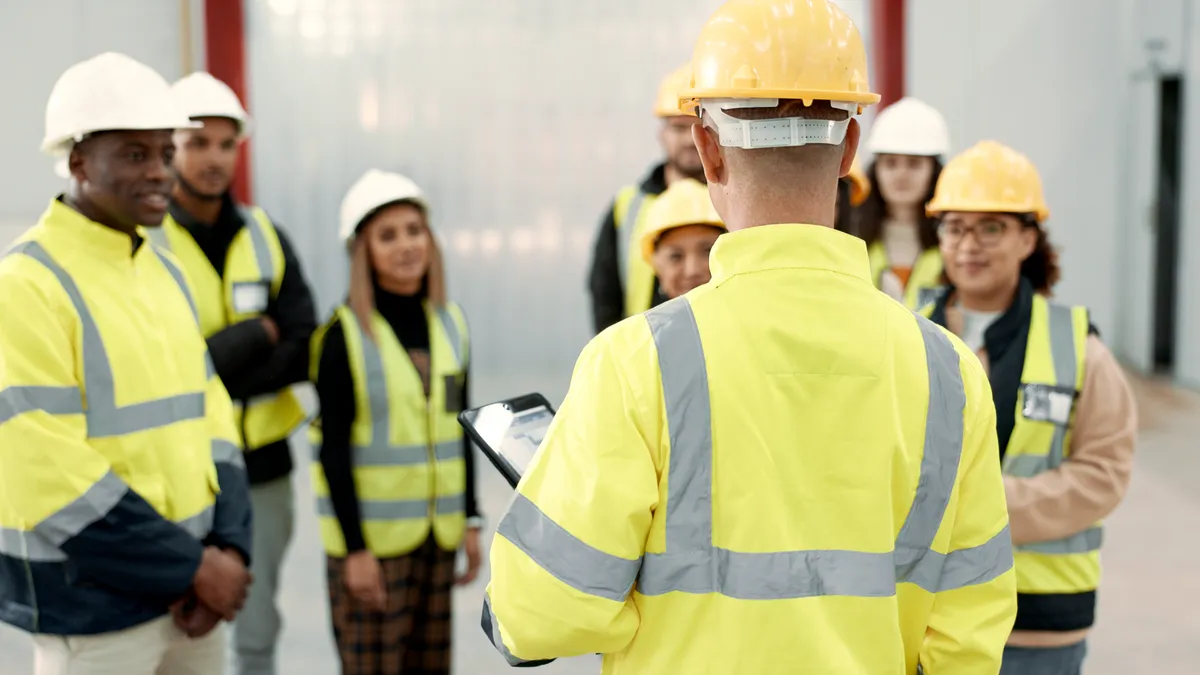Editor’s note: This story focuses on the topic of mental health and suicide. For more information, see our editorial standards. If you or someone you know is having suicidal thoughts, call the National Suicide Prevention Lifeline at 988.
Shaun Carvalho knows that suicide prevention efforts can have a big impact.
The chief safety officer at Shawmut Design and Construction is one of many taking action during Construction Suicide Prevention Week, which kicked off Monday. Jobsites across the country — Shawmut’s included — are hosting stand-downs, toolbox talks and education sessions to raise awareness on the issue. Those events, Carvalho said, often inspire workers to check in with colleagues, friends and family to make sure they’re okay.
Those check-ins are much needed. The data around suicide in construction is bleak. Men who work in construction die by suicide at a rate of 56 deaths per 100,000 full-time equivalent workers, according to the Centers for Disease Control and Prevention. The rate for women is 10.4 deaths. Both rates are higher than the national average.
Here, Carvalho talks with Construction Dive about the activities at his firm this week, the importance of communication and how initiatives to increase awareness have begun to remove the stigma around mental health.
The following has been edited for brevity and clarity.
CONSTRUCTION DIVE: What does Shawmut have planned for Construction Suicide Prevention Week?
SHAUN CARVALHO: We had a moment of silence Monday afternoon across the country. It was a national stand-down, if you will, just for a moment to reflect on all the folks that have died by suicide.
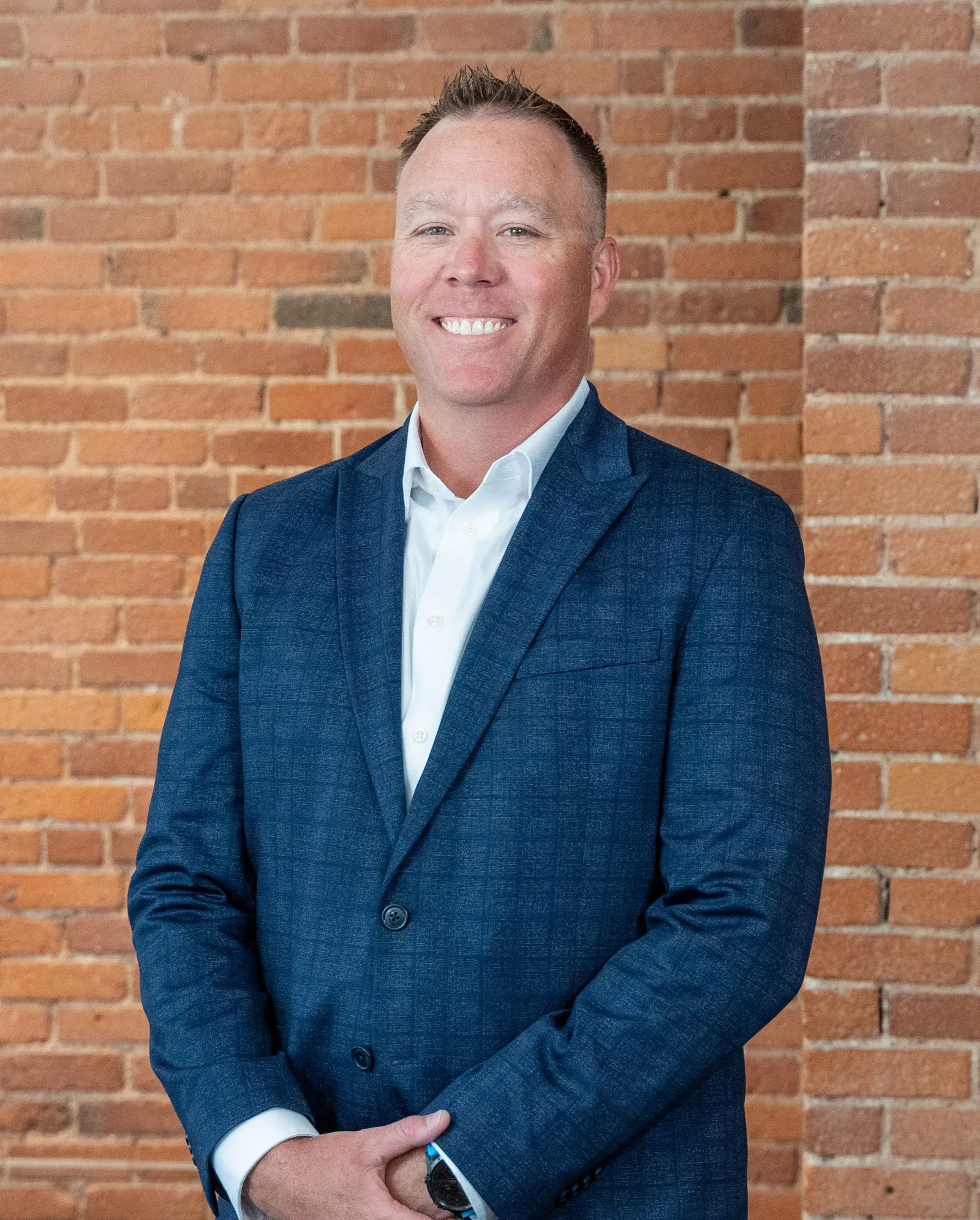
We'll be sending out our culture of care talk on suicide awareness and prevention to all of our jobsites. During our weekly all-hands safety meeting, we'll address this particular topic. We have guest speakers coming out to jobsites. We have executive leadership going out to jobsites to deliver these talks and show that support from the top of the company.
And we already have a lot of things in our toolkit to get suicide prevention and awareness training. It’s an online class. We also have our benefits program that's available to all 1,500 of our employees. So we're reminding everybody of what's available to them both on the job and through our internal benefits program.
What do those benefits include?
Internal to Shawmut, we've got many different benefits, like health insurance. Through our people strategies team and then through extension of Blue Cross Blue Shield, we have a lot of offerings for our employees by way of wellness and mental health services.
What needs to happen is conversation. People have to let their guard down from a leadership perspective and say, “We are going to talk about mental health today.”

Shaun Carvalho
Safety chief, Shawmut
On the jobsite, that's where things break down. We see 50,000 people that don't work directly for Shawmut, but they were on our jobsites. And so they're looking to us for a direction, but they collect a check from a different employer and they have benefits from either a different employer or maybe even a union. There's only so much assistance we can provide them because they're not our direct employees.
So what we do is we partner with local unions, we partner with other companies to make sure that in the event of a crisis or need these people on our jobsites understand that they have something to lean on and methods to get some help.
What is your guidance for trade partners or subcontractors that want to get involved?
I had a private conversation with one of my best friends yesterday who's having a little bit of a tough time right now. And in this conversation, what came about was the need for more conversations and to prevent the stigmatizing “soft side” of construction. That’s really important.
What needs to happen is conversation. People have to let their guard down from a leadership perspective and say, “We are going to talk about mental health today.”
A smaller company likely either is a union affiliate or has their own benefits program. So lean on the insurance companies, your workers' comp insurance, your medical insurance. There are really smart people out there that have a lot of resources that could be given for free, but the company has to be willing to have these conversations to pause operations for a moment and share information and be a little vulnerable. And when you're able to do that and you're able to provide some resources for folks, it can make a big difference.
Is it getting better? Are the conversations making progress?
Yeah, definitely. Years ago when we started talking about total wellness, I remember the first reaction we got to a suicide awareness talk was overwhelmingly positive. I was curious about how it was going to be received. I knew that it was going to be an emotional topic, but not harmful for people.
So, the first time, the safety manager reports back, “I just had this talk, had several people come up to me, pretty emotional thanking me for taking the time to talk about things that they'd never heard, never would've thought they would've been discussed in construction.” This is on a jobsite with over 200 people at the safety meeting. Some people said, “I need to leave, I need to go check on my friend or family.”
And it wasn't this massive timeout presentation that was hours in length and all these great paid-for speakers. It was a five-minute talk on a jobsite that truly impacted people's lives and made them think for a moment about themselves and the people around them, and then go and act.
I’ve heard enough stories from people that have suicidal ideation or know people that are struggling with it and have been close to suicidal attempts. And in those dark moments, sometimes something happens when the phone rings. It's just what they needed at the right time. So for these people to react the way they did was all the validation we needed to say, “This is definitely right. How much more of these types of talks can we do?” And it's been overwhelmingly positive.



